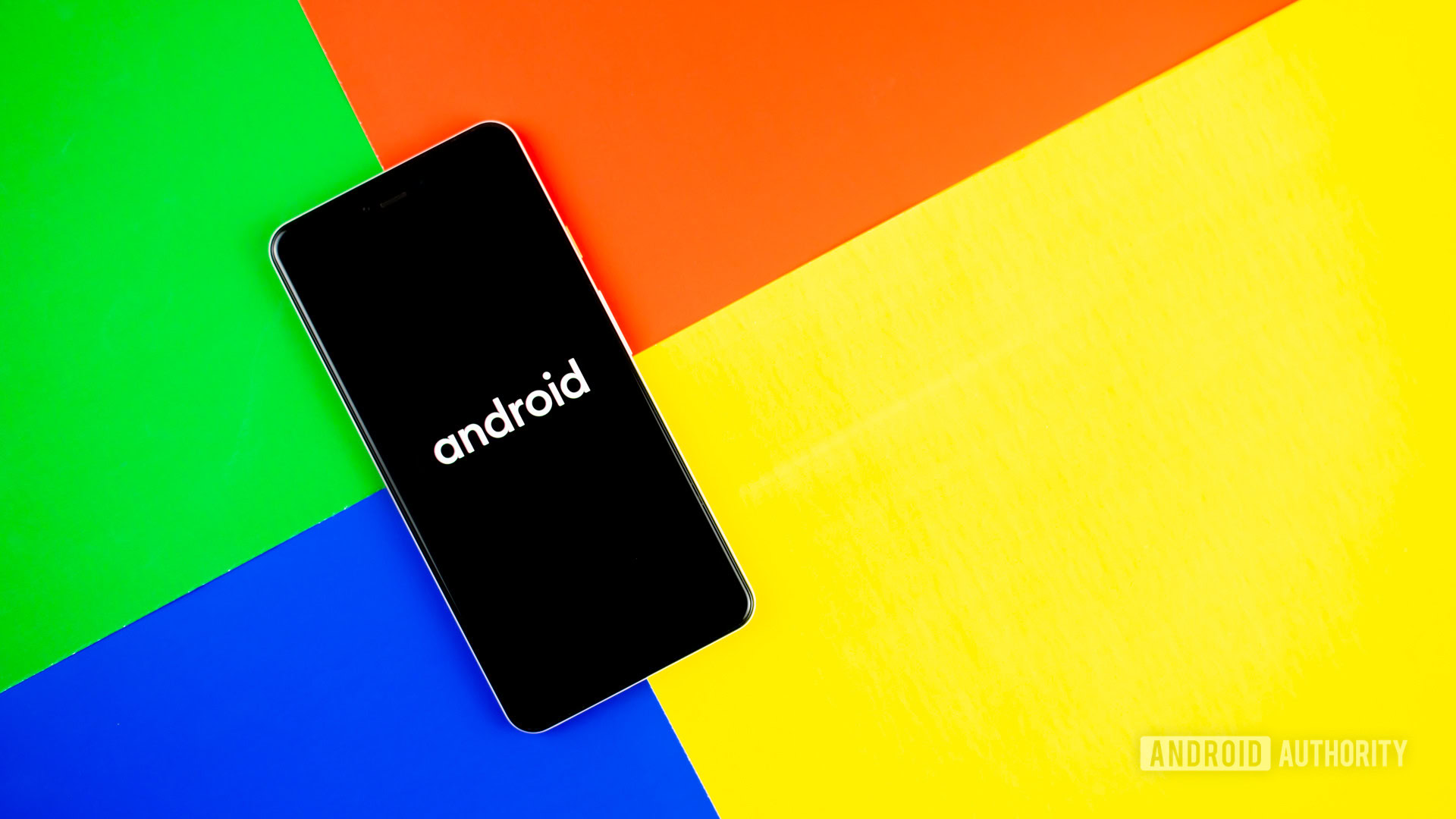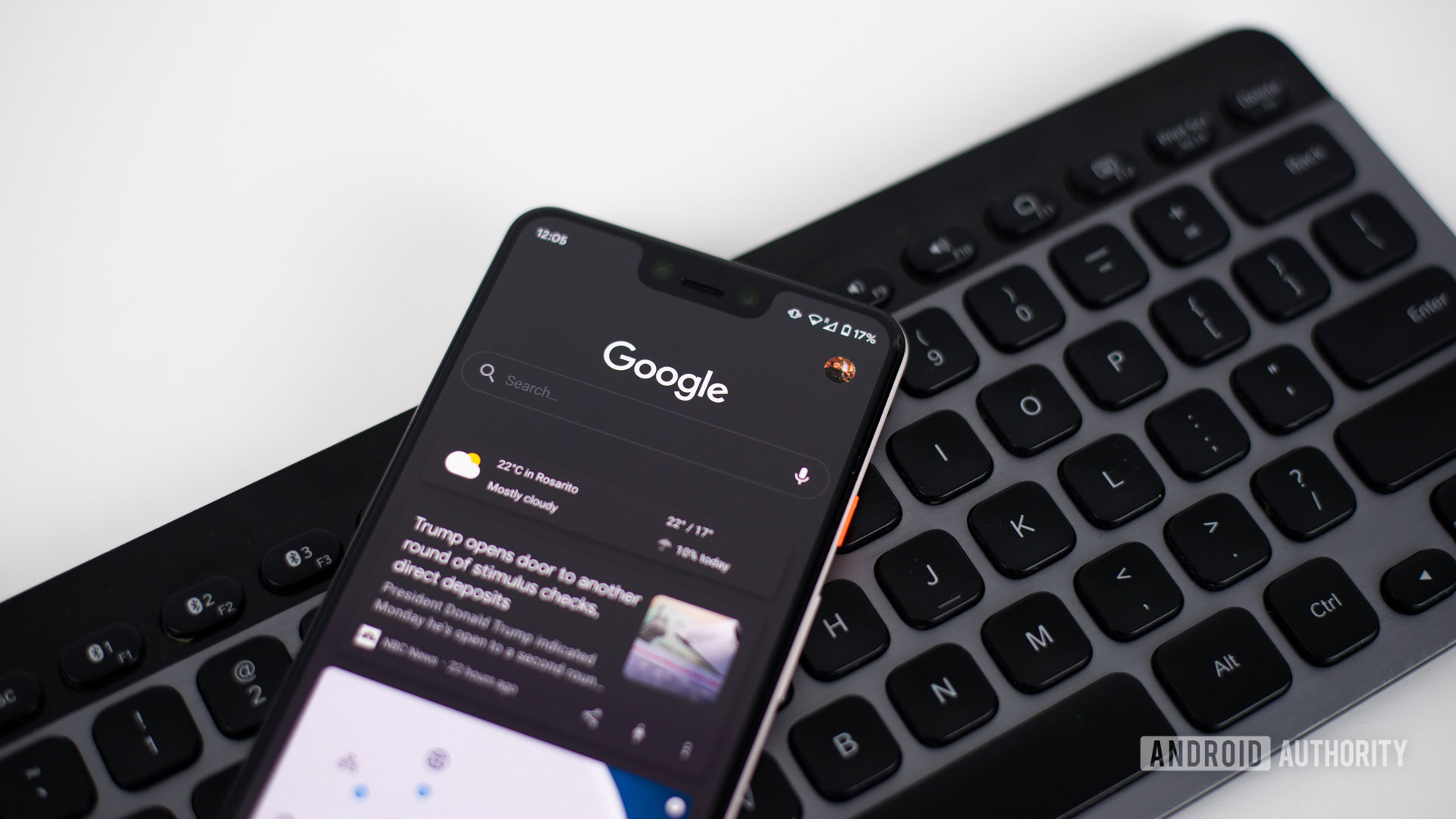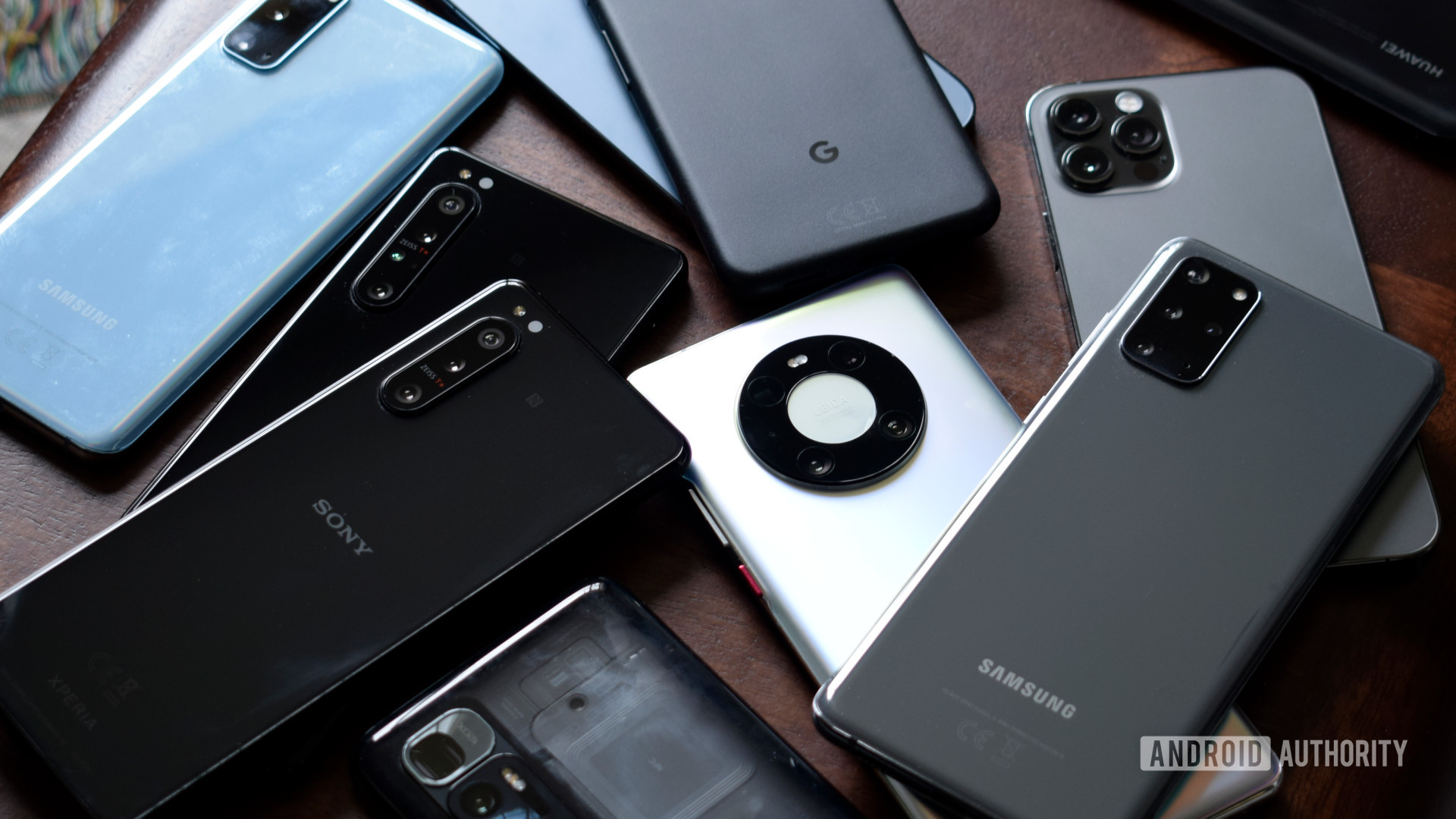Affiliate links on Android Authority may earn us a commission. Learn more.
Who owns Android?
Published onAugust 20, 2023

When you wonder who owns Android, it’s tempting to point to Google and simply leave it at that. However, it’s not so simple. While Google owns Android on a basic level, many companies share responsibilities for the operating system — no one completely defines the OS on every phone.
Who owns Android, really?

If you just want to know who owns Android in spirit, there’s no mystery: it’s Google. The company bought Android, Inc. in 2005. It also helped foster the operating system before the first Android phone, the T-Mobile G1, arrived in 2008. Google is the primary developer for the OS and handles work on key proprietary elements like Google Play Services and official apps like Gmail. If you buy a Pixel phone, you’ll find that Google owns virtually the entire Android OS outside of the hardware drivers.
Google is also responsible for the main Android Open Source Project (AOSP) releases. While other parties are free to modify or contribute to AOSP source code, they’re not the ones who produce major milestones. Unlike the decentralized Linux, it’s Google who ultimately drives the Android operating system. Even if it’s not the one who owns every last bit of code.
Who else has a stake in Android OS?

Once Google releases an AOSP version, ownership gets more complicated. The OS on many Android devices is Google-owned at its core. That said, it is often the product of heavy customization by manufacturers. This is mainly because Google sponsored the Open Handset Alliance along with 34 other companies back in 2007. The list of collaborators has grown since then. It now includes big names like Samsung, Sony, Motorola, Qualcomm, T-Mobile, NVIDIA, ASUS, and many others.
Each of these companies makes significant additions to the Android experience. Samsung’s One UI is a good example to look into — it may be based on Android, but its look, interface, and features are largely Samsung’s. There are also some versions of Android with only a modest link to Google. Amazon’s Fire OS, for instance, is a forked version of AOSP that doesn’t use any of Google’s non-free components and is effectively Amazon’s responsibility.
It’s also quite common for Chinese vendors like HUAWEI, which can’t use Google’s proprietary apps in their home country, to develop highly customized Android versions where Google has comparatively little say.
This doesn’t leave Google completely out of the loop. Companies like Amazon and HUAWEI often base their OS releases around Google’s updates. However, it’s not Google’s responsibility to maintain those platforms. In that light, the question of who owns Android is dictated by who’s using the operating system.